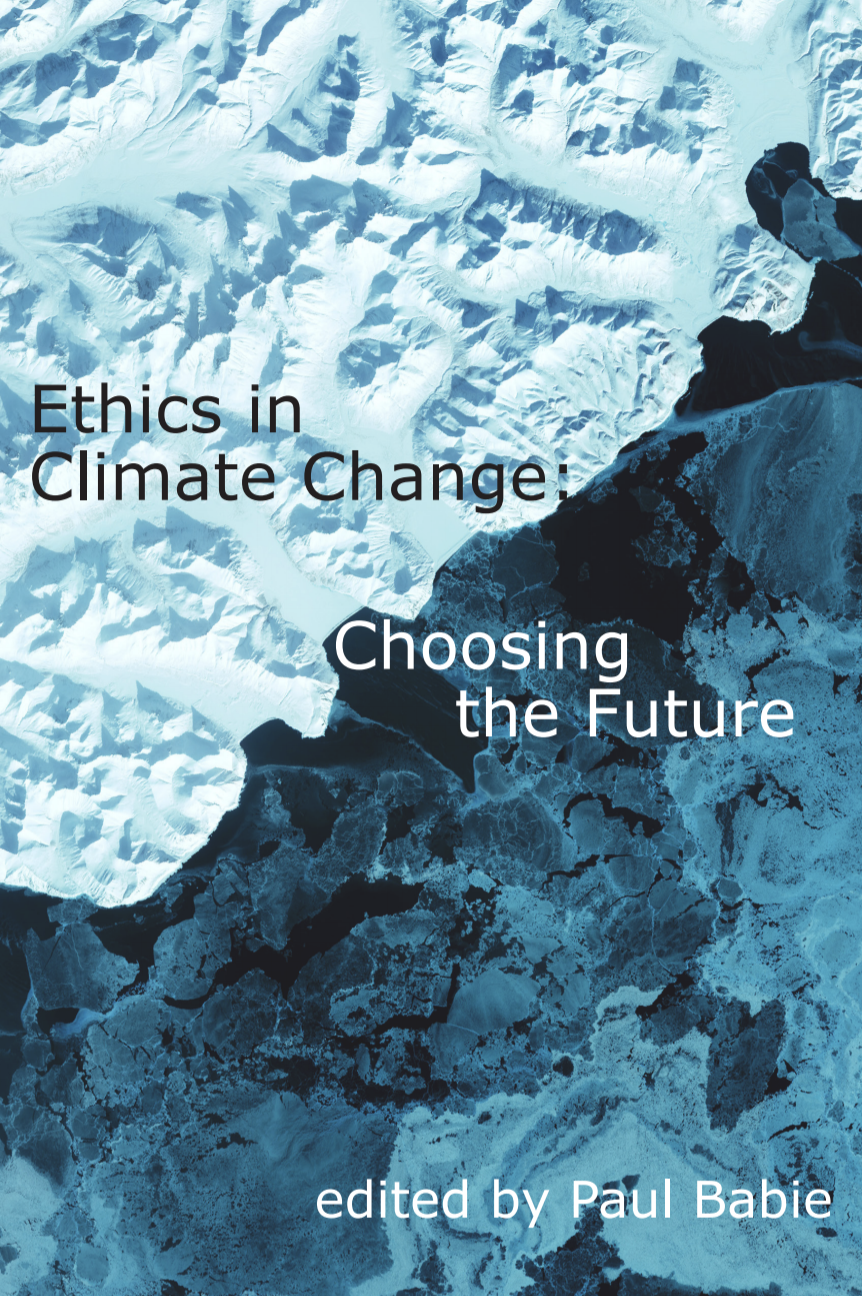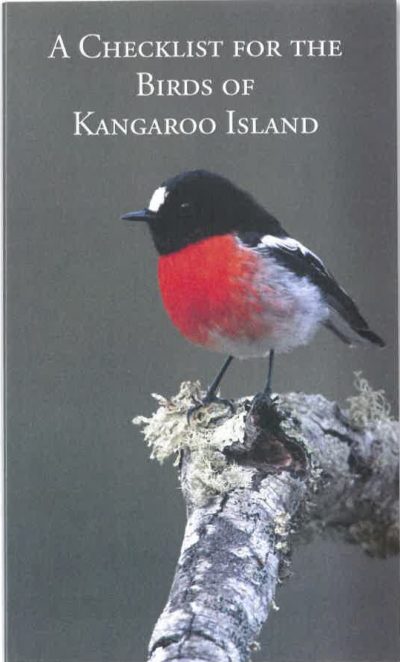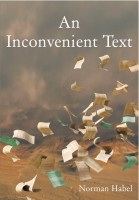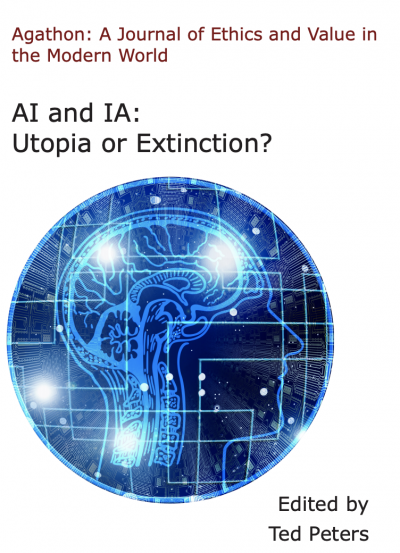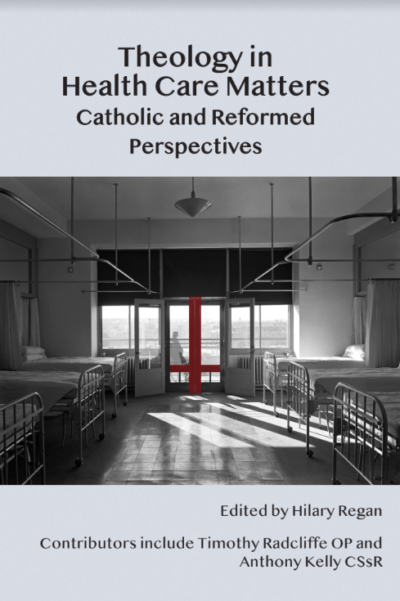Description
The immediate challenge of COVID-19 in 2020 and beyond notwithstanding, there can be little doubt that climate change poses the most significant threat to the ongoing survival of humankind. It seems that almost every day brings new evidence of this fact. The Australian summer of 2019–2020, to draw upon but one example, witnessed ‘a terrible trifecta of heatwaves, drought and bushfires, made worse by climate change’.
This volume of essays seeks this path of pragmatism, incrementally searching out a new moral order, a new way of living collectively that recognises the risks, and responds to them in humility. In five contributions, we seek an outline of what is necessary if we are to change the way we live.
Each of the contributors takes a plural and pragmatic approach. There are no sweeping claims about our solutions providing the ultimate panacea. Instead, in each case, humility informs the proposal—clear that what is presented here is done so not as a panacea, but as an incremental offering of what might be tried as we, humanity, respond to the challenge of climate change. None of science or the social sciences and humanities, alone, can fix this problem. Indeed, it may not be possible to ‘fix’ this problem. What each discipline can do, however, is offer, in humility, a suggestion that will make a small change to be added to many other small changes. The hope, of course, is that these incremental changes will produce a new way of living on this planet, one characterised by humility, pluralism, and pragmatism.
Contributors: Paul Babie, Seforosa Carroll, Claire Williams, Donald A Brown, Hugh Breakey, Peter Burdon, Brendan Mackey, Prue Taylor, and Jana L Normam
Editor: Paul Babie is ALS Professor of Property Law, Associate Dean of Law (Learning & Teaching), and Director of the Law and Religion Project of the
Research Unit for the Study of Society, Ethics and Law (RUSSEL) (which he founded in 2007). He was elected a Fellow of the Australian Academy of Law in 2017. His research, throughout his career, has involved asking what property is and how, if at all, it can be justified. He has explored those questions from legal theoretical and from theological perspectives. He teaches property law, property theory, law and religion, and Roman law.
Release date: May 2020
ISBN:
| 978-1-922582-32-4 | Soft back |
| 978-1-922582-33-1 | Hard back |
| 978-1-922582-34-8 | epub |
| 978-1-922582-35-5 |

